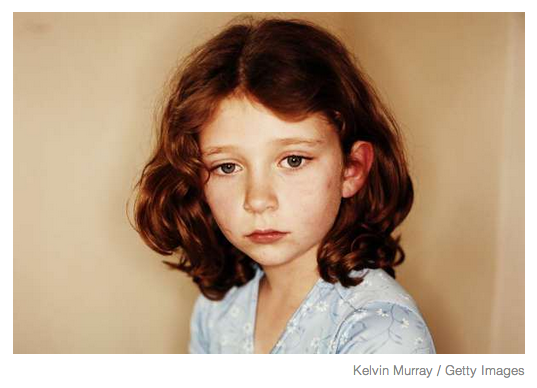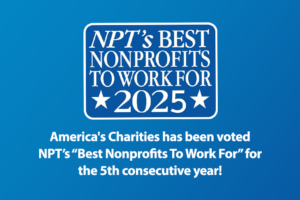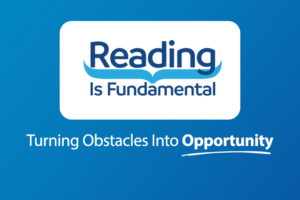Sarah Ford | July 22, 2014
How Child Abuse Primes the Brain for Future Mental Illness
By Maia Szalavitz
Child maltreatment has been called the tobacco industry of mental health. Much the way smoking directly causes or triggers predispositions for physical disease, early abuse may contribute to virtually all types of mental illness.
Now, in the largest study yet to use brain scans to show the effects of child abuse, researchers have found specific changes in key regions in and around the hippocampus in the brains of young adults who were maltreated or neglected in childhood. These changes may leave victims more vulnerable to depression, addiction and post-traumatic stress disorder (PTSD), the study suggests.
Harvard researchers led by Dr. Martin Teicher studied nearly 200 people aged 18 to 25, who were mainly middle class and well-educated. They were recruited through newspaper and transit ads for a study on “memories of childhood.” Because the authors wanted to look specifically at the results of abuse and neglect, people who had suffered other types of trauma like car accidents or gang violence were excluded.
Child maltreatment often leads to conditions like depression and PTSD, so the researchers specifically included people with those diagnoses. However, the study excluded severely addicted people and people on psychiatric medications, because brain changes related to the drugs could obscure the findings.
Overall, about 25% of participants had suffered major depression at some point in their lives and 7% had been diagnosed with PTSD. But among the 16% of participants who had suffered three or more types of child maltreatment — for example, physical abuse, neglect and verbal abuse — the situation was much worse. Most of them — 53% — had suffered depression and 40% had had full or partial PTSD.
The aftermath of that trauma could be seen in their brain scans, whether or not the young adults had developed diagnosable disorders.

Get Resources and Insights Straight To Your Inbox
Explore More Articles
For Fifth Consecutive Year America’s Charities Named ‘Best Nonprofit To Work For’
Washington, D.C. – April 1, 2025 – America’s Charities, the nonprofit that mobilizes the power of giving as a leading provider of volunteering, workplace giving,…
Read ArticleWorkplace Fundraising + Volunteering Summit (April 2nd and 3rd, 2025)
Join us in attending this virtual summit! The America’s Charities team is joining up with other leading voices in the workplace giving space for a…
Read ArticleThe Time to Act is Now
The results of the 2024 National Assessment of Educational Progress (NAEP) are in, and the findings are, in a word, heartbreaking. This assessment serves as…
Read ArticleGet Resources and Insights Straight To Your Inbox
Receive our monthly/bi-monthly newsletter filled with information about causes, nonprofit impact, and topics important for corporate social responsibility and employee engagement professionals, including disaster response, workplace giving, matching gifts, employee assistance funds, volunteering, scholarship award program management, grantmaking, and other philanthropic initiatives.




